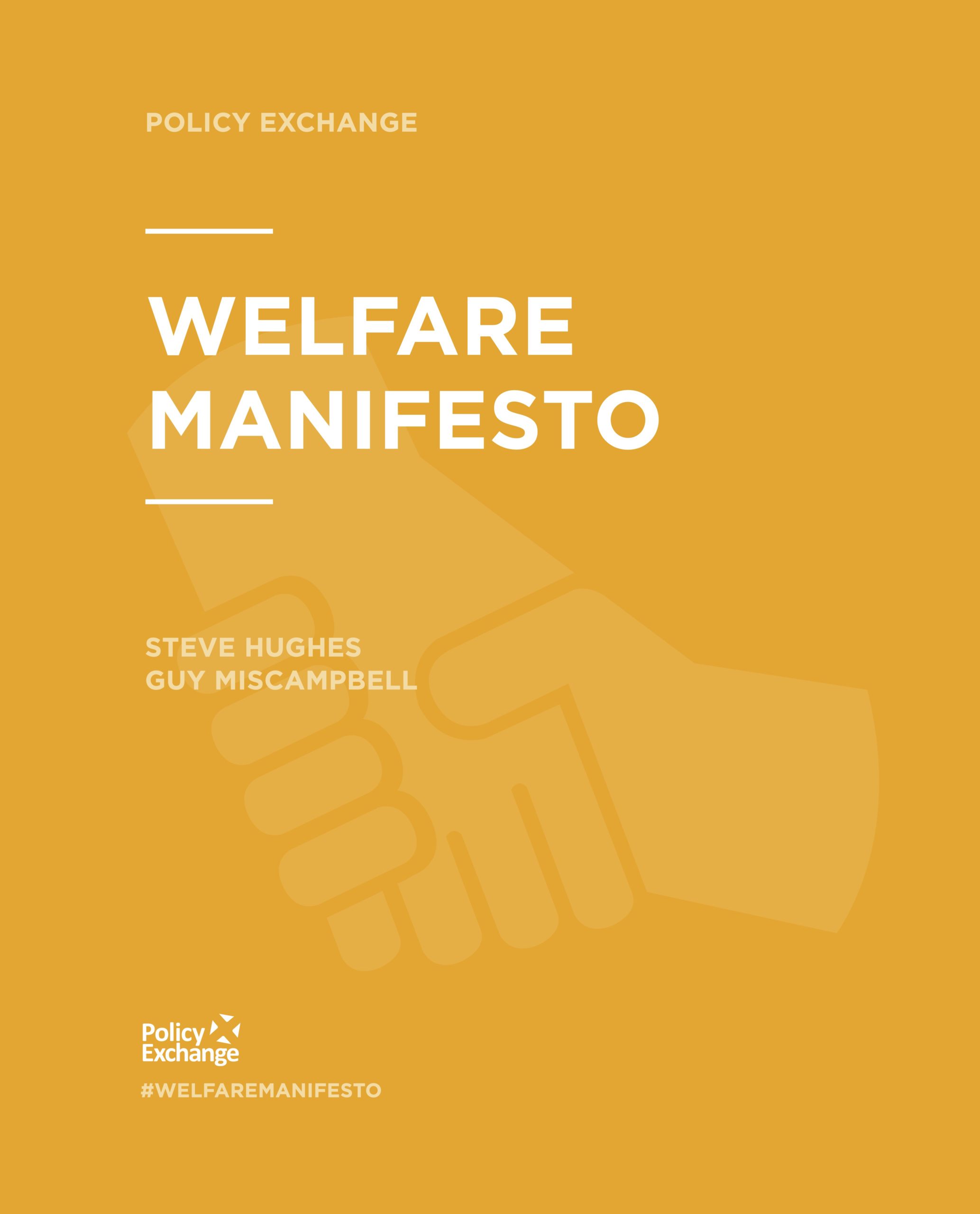
Welfare Manifesto 2015
Pensioners should be asked to ‘opt-in’ to receive their Winter Fuel Payment as part of plans to make the welfare system fairer, more affordable and fit for the 21st century. As much as £400million a year could be saved under the proposal.
Recipients receive payments of between £200-£300 each year which are primarily designed to help the fuel poor. Only 10% of pensioner households are unable to heat their home to a comfortable temperature – the definition of fuel poverty. The payments, which are not means tested, go automatically to all receiving the Basic State Pension, regardless of their financial situation.
Moving to an ‘opt in’ system where pensioners would actively have to tick a box to receive this particular benefit would make it easier for many wealthy retirees to decline the payment. Current eligibility criteria would still apply and, to protect those most in need, recipients of Pension Credit would continue to receive the Winter Fuel Payment automatically.
Polling suggests that the majority of people think the Winter Fuel Payment is in need of reform. In 2012, 74% of people said that they thought Winter Fuel Allowance should only be made available to those with income or savings below a certain level. Similarly, there is evidence that some recipients would like choice in their payment. The charity UK Community Foundations is running a campaign to raise money for those in fuel poverty, with part of its fundraising strategy being a request for people to “recycle” their Winter Fuel Payment by making a donation of the equivalent amount. The government even provides for people wishing to cancel their Winter Fuel Payment, but there is little indication that there is awareness of it, and relatively few people take it up.
Other recommendations made in the report include:
- Limiting Child Benefit to four children per household, with progressively reduced weekly payments for each child after the first. The proposed changes could generate as much as £1bn in savings within the welfare system over the course of the next Parliament.
- Including the State Pension in the Welfare Cap. An ageing population will see the State Pension – which already accounts for over 40% of welfare spending – grow as a share of GDP. Including it in the Welfare Cap will create a much more accurate picture of welfare expenditure.
- Replacing contributory Jobseekers Allowance with a new national unemployment scheme and system of personal welfare accounts. Every worker in Britain would make weekly contributions into the scheme – offset by a cut to their National Insurance – and build up a “pot” representing their contribution to the system. The funds would be used in times of unemployment, with people who have been in work all their lives set to benefit from £10,000 upon retirement.
- Relaxing the sanctions regime by Issuing pre-paid benefit cards as a non-financial warning – instead of a complete withdrawal of financial benefits – to people who have repeatedly broken the terms of their job search requirements.
- Increase the personalisation of the welfare system – Different people face different issues which prevent them from finding work and being self-sufficient. The Department for Work and Pensions should attempt to develop a diagnostic tool that segments claimants based on their barriers to work, like in Australia.


